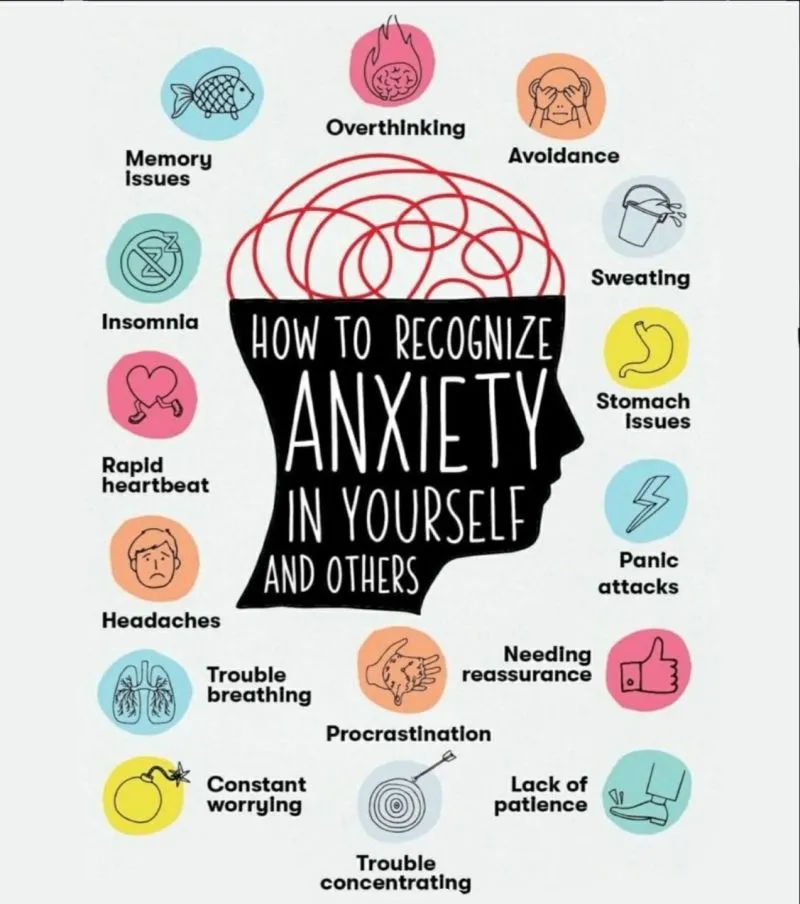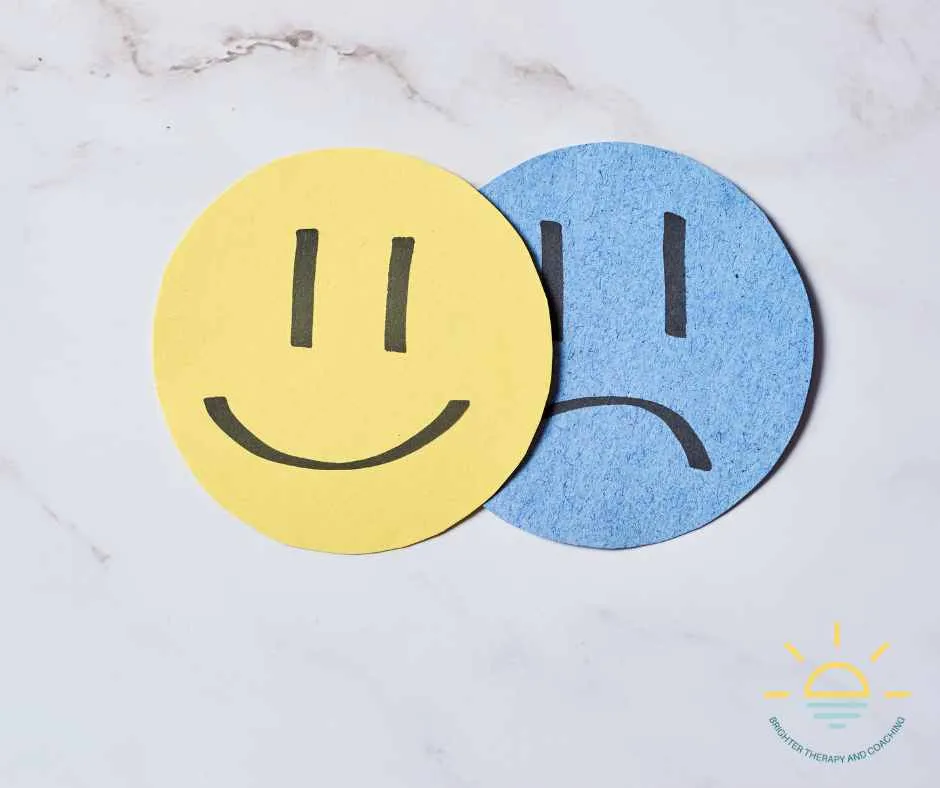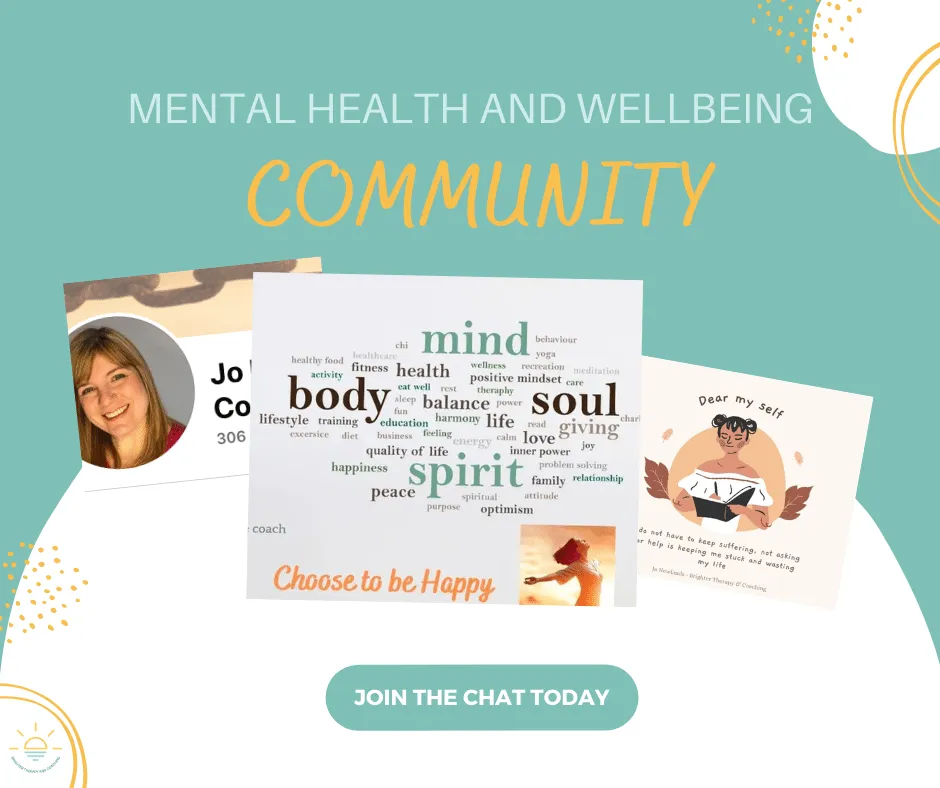All about anxiety
Anxiety is a perfectly natural response to stresses in our life. It is what causes us to act in times of danger, such as jumping out of the way of a fast moving car when crossing the road and it also motivates us to avoid certain outcomes such as undertaking study for an exam to avoid failure.
Anxiety becomes a problem when it starts to interfere with our daily lives and hold us back from doing the things we want to do.
It is estimated that one in four people in the UK suffer from anxiety and I was one of those people. I struggled for many years, before I realised that I was suffering from anxiety and was able to seek help.

On this page we will go over how anxiety can effect your life, the effects of anxiety on your health and well-being and explain why it is so important to seek help.
What is anxiety?
Anxiety can be triggered by stress. Stress is the body's response to a perceived threat.
When we are exposed to a threat, we respond with an emotional response. This emotional response is known as an anxiety response - commonly termed the fight or flight response.
When we feel the need to run away, we feel afraid and agitated.
When we feel the need to fight, we feel angry and defensive.
In order to reduce or eliminate anxiety, you need to first understand what causes it. You’ll then need to learn how to identify the different types of anxiety that you may experience. You’ll also need to learn how to control it.

Am I suffering with anxiety?
Are you struggling to cope and find that you're being kept awake or awakening in the night by runaway thoughts?. Racing thoughts that are frequently coming up with frighteningly negative scenarios and outcomes.
I call this being caught in the 'what ifs'.
For example, 'What if I can't cope? What if I can't pay the bills? What if I lose my job? What if I get ill? What if I get caught? What if I lose my friends? What if I lose my family?'

These thoughts are called intrusive thoughts. Intrusive thoughts are thoughts that keep coming into your mind, without your consent. They can be triggered by something that happened in the past, or they can be about the future.
For example, you might be thinking about a past trauma, the possibility of an upcoming event causing you to be anxious, or you might be worrying about your future.
'I'm going to lose my job. I'm going to lose my house. I'm going to lose my family. I'm going to die.'
These thoughts are so common in people who are suffering from anxiety that it is often hard to distinguish them from normal worrying thoughts.
What causes anxiety and how is it triggered?
Everyone experiences anxiety from time to time. In fact, most people experience a certain amount of anxiety at some point in their lives. Anxiety can occur in response to an actual threat or it can be a reaction to something that has happened in the past, such as a trauma. It can also occur in response to a perceived threat, a feeling of unease or growing pressure.
Life is getting faster. We seem to be expected to accomplish more every year and are bombarded with social media, news media and marketing all trying to win our attention. All of which can make us feel under more and more pressure.
You might also be trying to cope with a stressful job, deadlines at college or university and in recent times, coping with the impact of Covid 19.
You may have lost loved ones, be struggling with debt and uncertainty, impacted by health concerns or chronic health conditions, finding it difficult to cope with change or feeling isolated and lonely.
There are many different factors that contribute to anxiety. Some people have a genetic predisposition for anxiety. Others have experienced traumatic events in their lives, such as abuse, neglect, or witnessing violence. Still others have experienced other factors, such as trauma from surgery or illness.
Life gives us many stresses and strains, a lot of which we have little control over. What we can control however is how we respond to these stresses and strains.
Anxiety pulls you out of the present and puts you in a state of worry about the future. Learning how to tame anxiety is essential for our longtime mental and physical health.
Anxiety, panic, depression and other mental health conditions arise when we struggle to cope effectively.
What is a panic attack?
A panic attack happens when anxiety levels are very high. Panic attacks can come on very suddenly, you may be feeling a sudden onset of anxiety that is overwhelming and uncontrollable.
The symptoms of a panic attack include:
-
The sudden feeling of fear, terror, and dread
-
A feeling of impending doom
-
Chest pain or tightness
-
Palpitations or racing heart
-
Sweating
-
Trembling or shaking
-
Shortness of breath
-
Feelings of choking or suffocating
-
A feeling of unreality or detachment
-
Nausea or abdominal distress
-
Dizziness or light-headedness
-
Disorientation
Thankfully, though panic attacks are distressing and very unpleasant, they leave no lasting effects on the body.
Effects of Anxiety on Your Everyday Life
Anxiety can dramatically impact your everyday life. It can make it difficult to concentrate, make it difficult to make decisions, and make it difficult to carry out responsibilities. Additionally, anxiety can lead to stress and tension, which can further impact your ability to function. It can cause you to withdraw and avoid people, situations, decisions and responsibilities.
It can lead to a host of physical symptoms as well, such as insomnia, stomach problems, headaches, and muscle tension.

Get Your Life Back, Start Living Again... And Learn How to Get Rid of Anxiety Forever!
I recommend a combination of psychotherapy and medication for those who are experiencing extreme levels of anxiety. In my experience, many people have found that these treatments work better together. It’s important to note that psychotherapy can take several weeks to work. For those who are dealing with severe anxiety, it’s a good idea to try to see a therapist as soon as possible.
The science backed psychotherapies that I provide create greater lasting calm and inner peace. The techniques, strategies and skills you will learn will equip you to continue to navigate all of life’s ups and downs in a more calm, objective and thoughtful manner.
I help you to help yourself...
In-person
Focused one to one sessions which make you the centre of attention. It's all about you and I'm here to make you feel as comfortable as possible...
Phone or video call
Prefer not to meet in person or too far to travel?
Schedule a one to one call with me either on the phone or Zoom video call and I'll take you through the process as if you were in the room.
Virtual group
Join in with other like-minded souls on the same journey of transformation who are as hungry as you to start living their best lives...
Join my Facebook community
My mental health and wellbeing Facebook group is to encourage a balanced happy inspired life, building on the principles of a positive mindset, healthy habits, goal setting, gratitude, fun, maintaining healthy relationships and a focus on self care.
Courses and workshops - coming soon!
Coming soon in 2023 - my bespoke courses on topics including stress-busting, anxiety and how to reduce panic attacks.
Copyright © 2023 Jo Newlands. All rights reserved
Address
Perthshire, Scotland PH6


